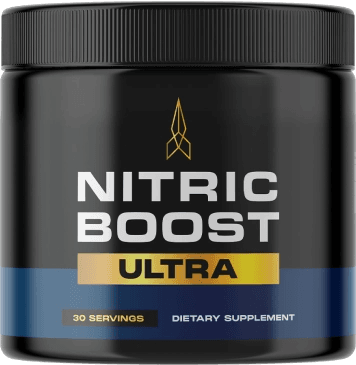Whether you’re aiming to lose weight, gain strength, or simply feel more energized, understanding the fundamentals of fitness is the first step. This guide introduces key concepts and helps you build a solid foundation to begin your fitness journey with confidence.
🧭 What Is Fitness, Really?
Fitness isn’t just about having visible abs or running marathons—it’s about the ability to carry out daily activities with strength, energy, and endurance. It involves several key components:
- Cardiovascular endurance – How efficiently your heart and lungs deliver oxygen
- Muscular strength – The amount of force your muscles can exert
- Muscular endurance – How long your muscles can perform without fatigue
- Flexibility – The range of motion of your joints
- Body composition – The proportion of fat vs. lean mass in your body
You don’t have to excel in every area, but improving each component contributes to overall health and resilience.
🏋️♂️ Types of Exercise
A balanced fitness routine includes a mix of:
1. Aerobic (Cardio) Exercise
Examples: Walking, running, swimming, cycling
Benefits: Improves heart health, burns calories, reduces stress
2. Strength Training
Examples: Weight lifting, resistance bands, bodyweight workouts
Benefits: Builds muscle, boosts metabolism, improves bone density
3. Flexibility and Mobility
Examples: Yoga, stretching, Pilates
Benefits: Prevents injury, improves posture, enhances recovery
4. Balance Training
Examples: Tai Chi, BOSU ball exercises
Benefits: Reduces fall risk, especially important with aging
🕒 How Much Exercise Do You Really Need?
According to the World Health Organization (WHO):
- 150–300 minutes of moderate-intensity cardio per week or
- 75–150 minutes of vigorous-intensity cardio
- At least 2 strength training sessions for all major muscle groups per week
Even short sessions (10–20 minutes) count and can be built into your day.
🍎 Nutrition: The Other Half of the Equation
Fueling your body with the right nutrients enhances your performance and recovery.
Basic Guidelines:
- Protein helps repair and build muscle
- Carbohydrates provide energy
- Healthy fats support hormones and brain function
- Hydration is essential—drink water before, during, and after workouts
Pre- and post-workout meals can make a big difference. For example, a banana and peanut butter before a workout can provide energy, while a protein shake after helps with recovery.
🧠 Mental Fitness: Don’t Overlook Your Mind
Staying motivated, managing stress, and maintaining consistency are just as important as doing squats or push-ups.
Try:
- Setting SMART goals (Specific, Measurable, Achievable, Relevant, Time-bound)
- Tracking progress with photos, apps, or journals
- Celebrating small wins—consistency is a huge victory!
🛏️ Recovery: Rest Is Part of the Plan
Muscles grow when you rest, not while you train. Include:
- 1–2 rest days per week
- 7–9 hours of quality sleep
- Active recovery (light walking, yoga, foam rolling)
Overtraining can lead to injury, fatigue, and burnout—listen to your body.
🧩 Final Thoughts: Start Where You Are
Fitness is personal. You don’t need to do CrossFit or run 5Ks right away. Start with what feels achievable, whether it’s a 10-minute daily walk or a beginner strength routine at home. The most important thing is consistency and a mindset of growth, not perfection.
✨ Coming Up Next:
- How to Build a Workout Routine That Works for You
- Strength Training 101: Lifting for Beginners
- Cardio Demystified: Best Options for Weight Loss and Heart Health
- Bodyweight Workouts You Can Do Anywhere
- How to Stay Motivated to Exercise Long-Term
- Fitness Over 40: Staying Strong, Flexible, and Energized
- Home vs. Gym Workouts: Pros and Cons of Each
- Common Fitness Myths Debunked
- Tracking Progress Without the Scale




